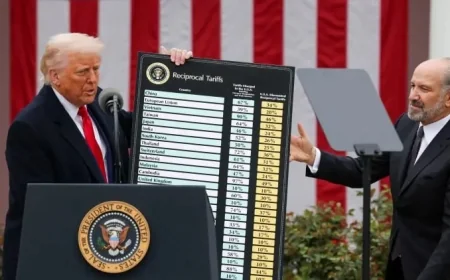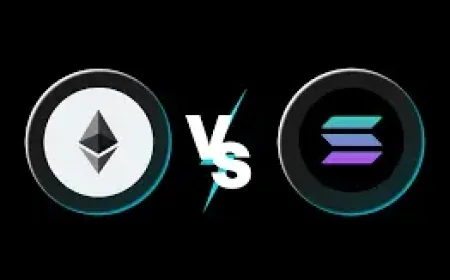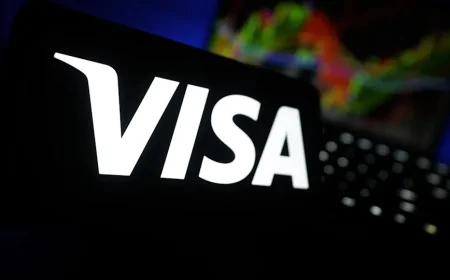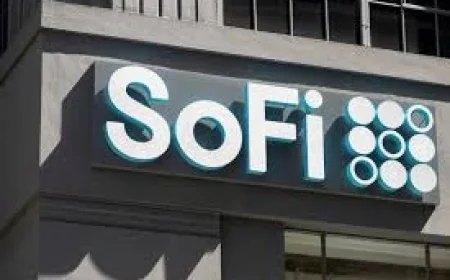Brazil's central bank tightens regulations for virtual assets and cryptocurrencies
Brazil's central bank on Monday issued long-awaited regulations for the trading of virtual assets, including cryptocurrencies, which will extend existing rules against money laundering and terrorist financing to virtual asset service providers.
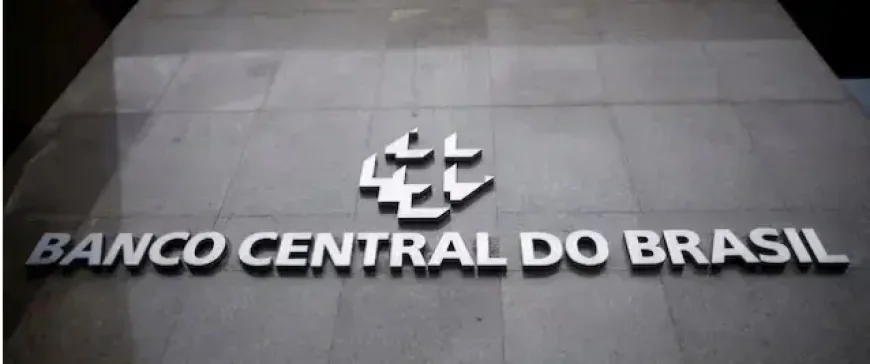
Brazil's central bank on Monday issued long-awaited regulations for the trading of virtual assets, including cryptocurrencies, which will extend existing rules against money laundering and terrorist financing to virtual asset service providers.
Latin America's largest economy approved a legal framework for cryptocurrencies in 2022, but its implementation depended on supplementary regulation from the central bank, which subsequently held four public consultations on the matter.
Meanwhile, cryptocurrency use has surged, leading central bank Governor Gabriel Galipollo to express concern over the growing use of stablecoins pegged to real-world assets like the US dollar, which are often associated with illicit activities.
"The new regulations will reduce the scope for the use of virtual asset markets for scams, fraud, and money laundering," central bank regulation director Gilneu Vivan said at a press conference.
The new rules will come into effect in February.
According to a statement on the central bank's website, these regulations, which will come into effect in February, will cover authorization procedures for foreign exchange and securities brokers, distributors, and virtual asset service providers.
Policymakers have stated that stablecoins, which are less volatile than cryptocurrencies like Bitcoin, are used more for payments than investments, and many users want to avoid the more regulated and tax-prone traditional payment systems.
Under the new rules, any purchase, sale, or exchange of virtual assets linked to fiat currency will be considered a foreign exchange transaction.
The same classification applies to international payments or transfers made using virtual assets, including those made to settle obligations through cards or other electronic payment methods.
The central bank stated that this regulation extends existing rules on customer protection, transparency, anti-money laundering, and counter-terrorism financing to virtual asset service providers.
It said the framework includes governance and security requirements, internal controls, reporting duties and other compliance obligations.
What's Your Reaction?
 Like
0
Like
0
 Dislike
0
Dislike
0
 Love
0
Love
0
 Funny
0
Funny
0
 Angry
0
Angry
0
 Sad
0
Sad
0
 Wow
0
Wow
0


























